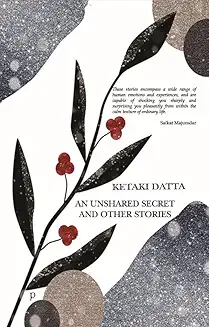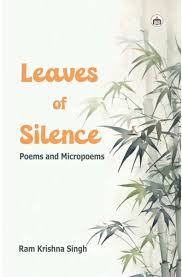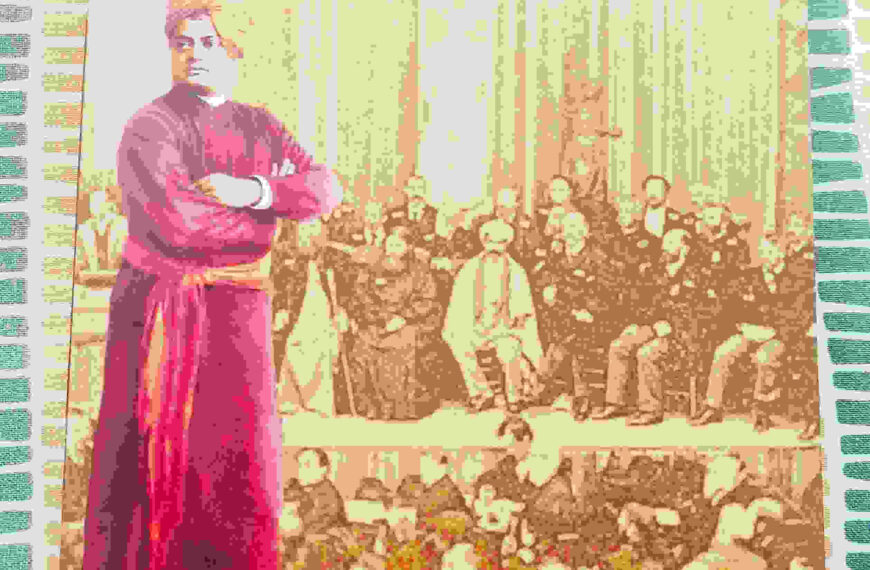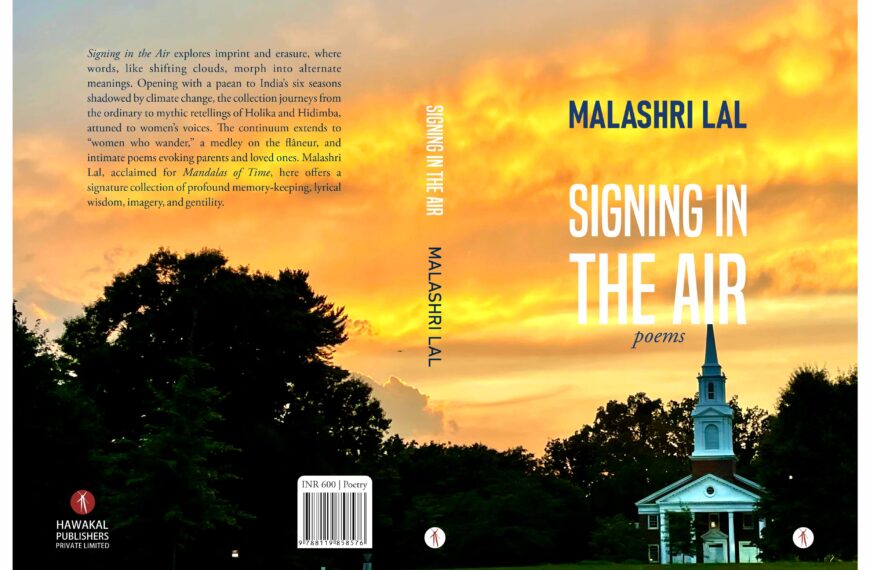“It Begins at Home and Other Stories” by Sanyukta Dasgupta explores domestic violence, betrayal, and societal cruelty, emphasising women’s vulnerability and the need for societal change. An exclusive book review by Navamalati for Different Truths.

That’s quizzical! What begins at home readers? Yeah, the ruin of lives, humiliation, scathing rejection, deceptions… The list is endless. That’s the theme of the book. The location of the home ground for crimes, in one of the safest places every soul on earth considers to be safe. Crimes can safely be carried out, be it poisoning, or rape, or deception, or psychological abuse, or compulsive behaviour.
Sanyukta Dasgupta’s tales in this recently published book by Virasat Art Publication, narrows down life’s voice to the essentials. To a painfully truth. Very few of us realise the truth that the emancipation of woman from the varied shackles of life is a reality that will never be true. The stories are about life that curls up on the pages as tales. Do we need a whipping rod or a magical talisman to make such things disappear. The eleven rapists of Bilkis Banu have had their mouths full of sweets, liberated. Further encouragement to crimes!
As an avid storyteller, her stories have baggage of the great hurt of everything. She touches the wounds that are honestly beyond spatial and temporal boundaries as they roar! But those roars are tamed. Why?
A father gets into bed with his young daughter during the two days that the mother is absent, promising her with gifts. When the traumatised girl tells her mother and asks for a police case against her father, it is the mother who withdraws. Can the girl ever be a whole human being in life? ‘Metamorphosis’ with the new turn that our society these days is exposed to, is a story of the new breed of the Indian diaspora living abroad. What are their dreams about, what do they really crave, how have they grown so cruel and ruthless as to leave their ageing parents not only alone when they in fact needed care, but ordered to have them shorn of the very homestead that they took such pride in. Our Indian sentiments in our family homes, where our ancestors once lived and flourished, is scorned at. It is the virtual new wife of the son (I refuse to call her a daughter-in-law…she cares two hoots for her husband’s family) who becomes the dictator and her slave, sorry husband (the family’s son) becomes her slave for life. For the old parents the metamorphosis of their son is so very traumatic and humiliating that readers are left with goosebumps and tears.
“Hair raising” is another bitter tale. Here the male ego of a scoundrel who wanted a promising young Bela with dreams to study and achieve success, was taught a lesson in his crooked style. She had not provoked him, but the sixteen-year-old girl who wanted to be “like her Chief Minister” died a pathetic death on the road!
“Just Another Suicide” is the murder of a young wife whose uterus shall have to be removed at the early grip of cancer and who trusted her husband and his mother, poisoned to death. The cruelty shouts out wildly as the storyteller says, “Tomorrow is the operation. You must eat well today.”
The sixteen stories are all written with insight and suggestiveness, in an intricate narrative vein. Times have changed, our endurance and dreams have changed, but the ruinous cruelty of life lingers and stares us in the face. Let us flush our homes, our society, of such pests, such murderers.
The pen is a mighty instrument in Sanyukta Dasgupta’s hand. The war against such dastardly crimes has begun forcefully. Be they father, lover, mother-in-law, a Thakur, a husband…the evil is the same while the victim is a young woman with love and dreams.
“It Begins at Home and Other Stories” need to be read and made an armour of resolve. Be it in determining the reality of our mind or the body.
Book Cover image sourced by the author.





 By
By
 By
By
 By
By
 By
By